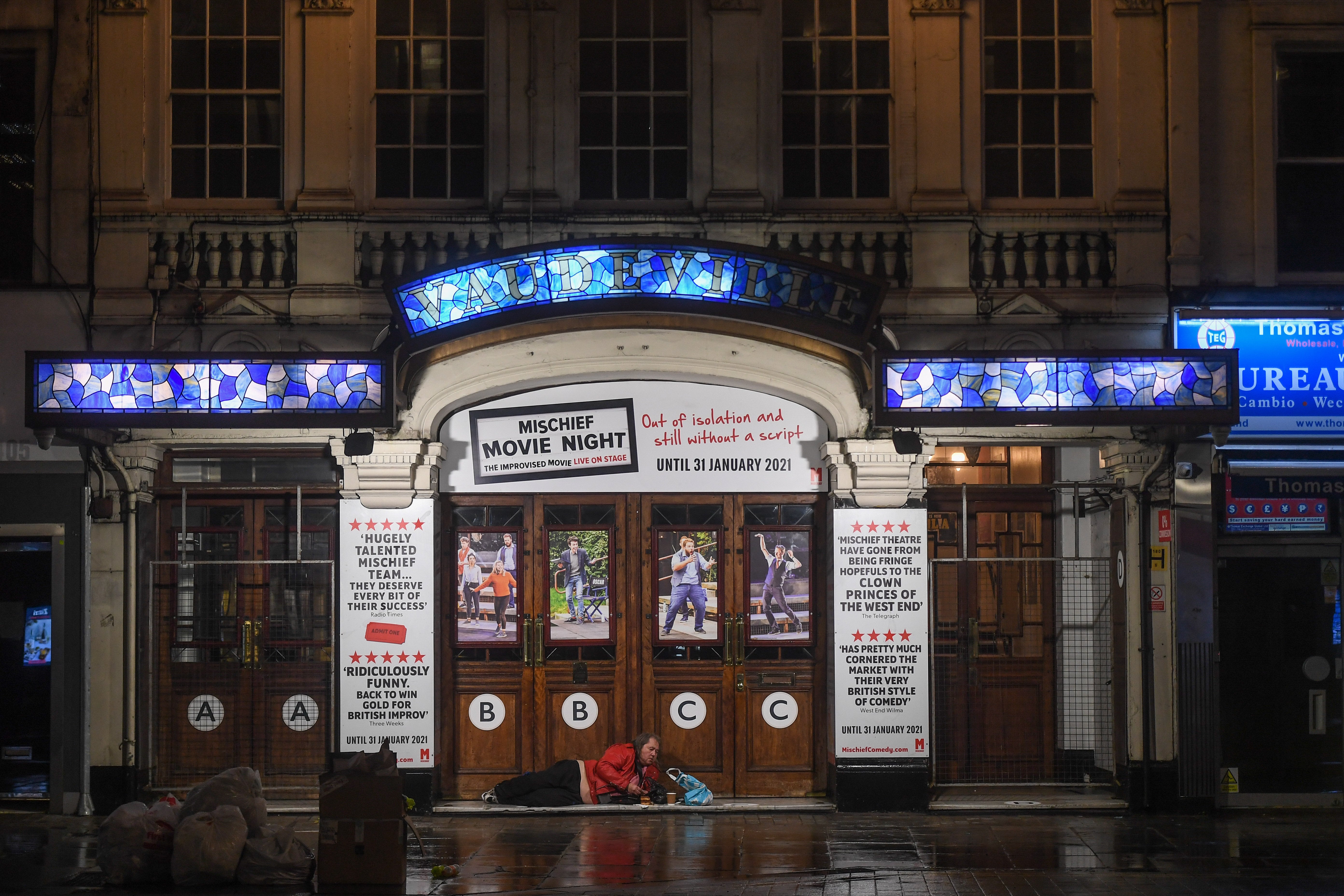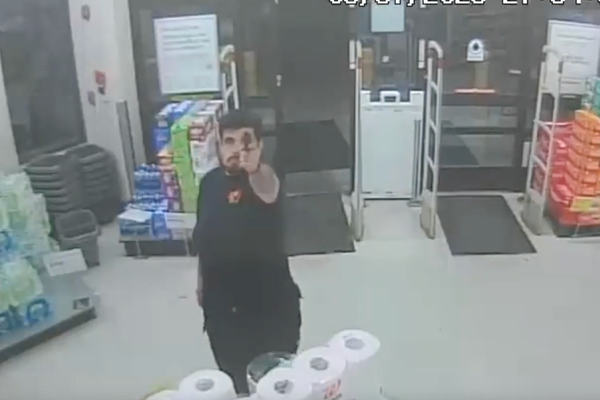
More than 1,300 homeless people in the UK died in 2022, with deaths steadily increasing in England year on year, new research has found.
The annual audit by charity Museum of Homelessness found that most deaths occurred among people living in temporary accommodation rather than rough sleeping, prompting concerns about the standard of housing and support provided for people when they are taken off the streets.
Deaths in England and Wales rose by 18 per cent from 2021 to 2022, but fell in Scotland and Northern Ireland. The nationwide figure of 1313 deaths in 2022 is likely to be an underestimate, as a number of councils, including Ealing, Birmingham and Blackpool, refused to contribute to the research.

Each fatality has been verified by a freedom of information request, coroner’s report, charity or family member, Museum of Homelessness said.
Of the cases in which the cause of death was confirmed, 36 per cent related to drug and alcohol use, and 10 per cent to suicide, which the charity said illustrated the lack of access to mental health and addiction support.
A significant number of deaths happened in “exempt accommodation”, which is supposed to offer housing to vulnerable people such as women who have fled domestic abuse, homeless people and care leavers. This data, which was collected for the first time in 2022, was not included in the headline death figures, in order to make sure that figures could be compared year-on-year.
Manchester council reported 109 deaths in exempt accommodation, across 98 properties. This is compared to 21 deaths among the rest of the homeless population in Manchester.
Labour said the figures were “deeply worrying”, adding: “It’s been clear for a long time that there are deep-rooted problems across supported and temporary accommodation.”
The problems plaguing exempt accommodation, such as unfit properties, inadequate support for vulnerable tenants, and safety concerns, were revealed in an investigation by The Independent last year. Parliament’s levelling up, housing and communities select committee carried out an inquiry into the standard of accommodation, and a bill has been proposed to give local authorities oversight of the housing in their areas.
Matt Turtle, director of the Museum of Homelessness, said: “The fact that so many people continue to die in unregulated, taxpayer-funded accommodation run by rogue landlords is a disgrace.”
He pointed to the stripping down of addiction support services since 2010, saying: “A toxic cocktail of cuts, criminalisation and crackdowns is making life even harder for the UK’s most vulnerable people. Far stronger policy and investment are needed to deal with the appalling loss of life.”
Speaking about the quality of some exempt accommodation, Clive Betts MP, chair of the select committee, said: “The standard of accommodation was shocking; the standard of support was effectively non-existent – a loaf of bread and a tin of coffee and that’s it. Somebody popping in once a week to shout ‘Are you alright?’ from the bottom of the stairs.
“The staff aren’t trained, they are just there to react to any immediate things happening, but not to offer proper support to people. The worst examples we saw included women fleeing domestic violence in the same house as domestic violence perpetrators.
“No one seems to have an overview of the system anywhere. It’s not surprising that a large proportion of people in desperate circumstances live in this accommodation – and they are the ones most at risk, of course.”
Francesca Albanese, from charity Crisis, said: “Behind each of these statistics is a human being, a life cut short and potential unrealised. The fact that anyone dies while homeless is shameful. That many of these deaths are happening while in emergency or supported accommodation is shocking – these are places that should provide some respite and a foothold out of homelessness, and yet in many cases the reverse is true.”
The shadow minister for homelessness and rough sleeping, Paula Barker, said: “This government’s track record in tackling all forms of homelessness is abysmal. Each death is a tragedy and these figures are deeply worrying.
“Things will only get worse unless the government urgently gets a grip. Labour has set out plans to prevent homelessness by scrapping ‘no fault’ evictions and ending automatic evictions for rent arrears.”
A Department for levelling up, housing and communities spokesperson said: “We are determined to end rough sleeping for good. That is why we published our £2bn cross-government strategy setting out our plan to tackle homelessness and rough sleeping over the next three years.
“This includes £186m to help those with drug and alcohol addiction access recovery services and up to £53m for suitable and stable accommodation.
“Councils have a duty to ensure temporary accommodation is suitable and we are providing them with £654m over two years to help prevent homelessness.”







